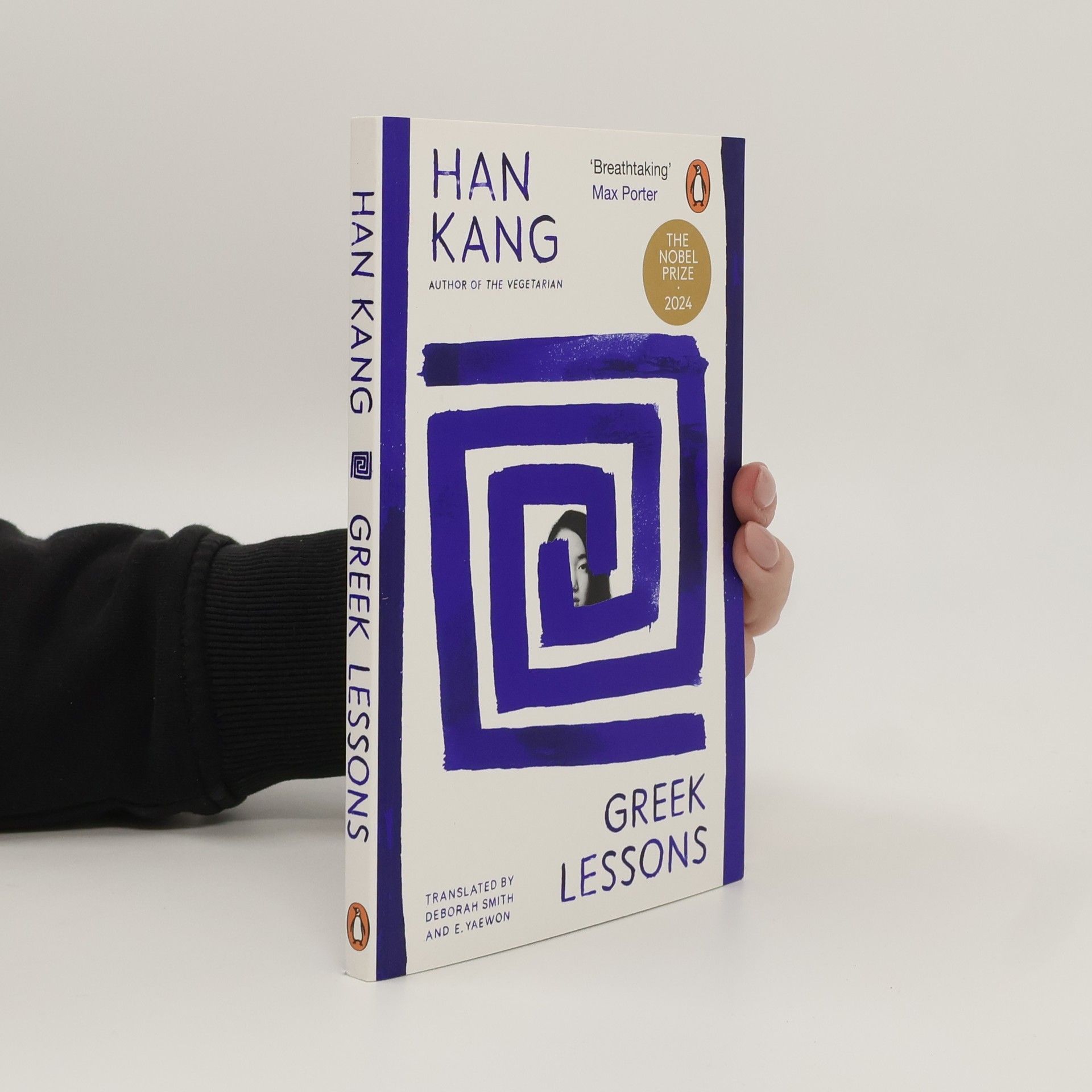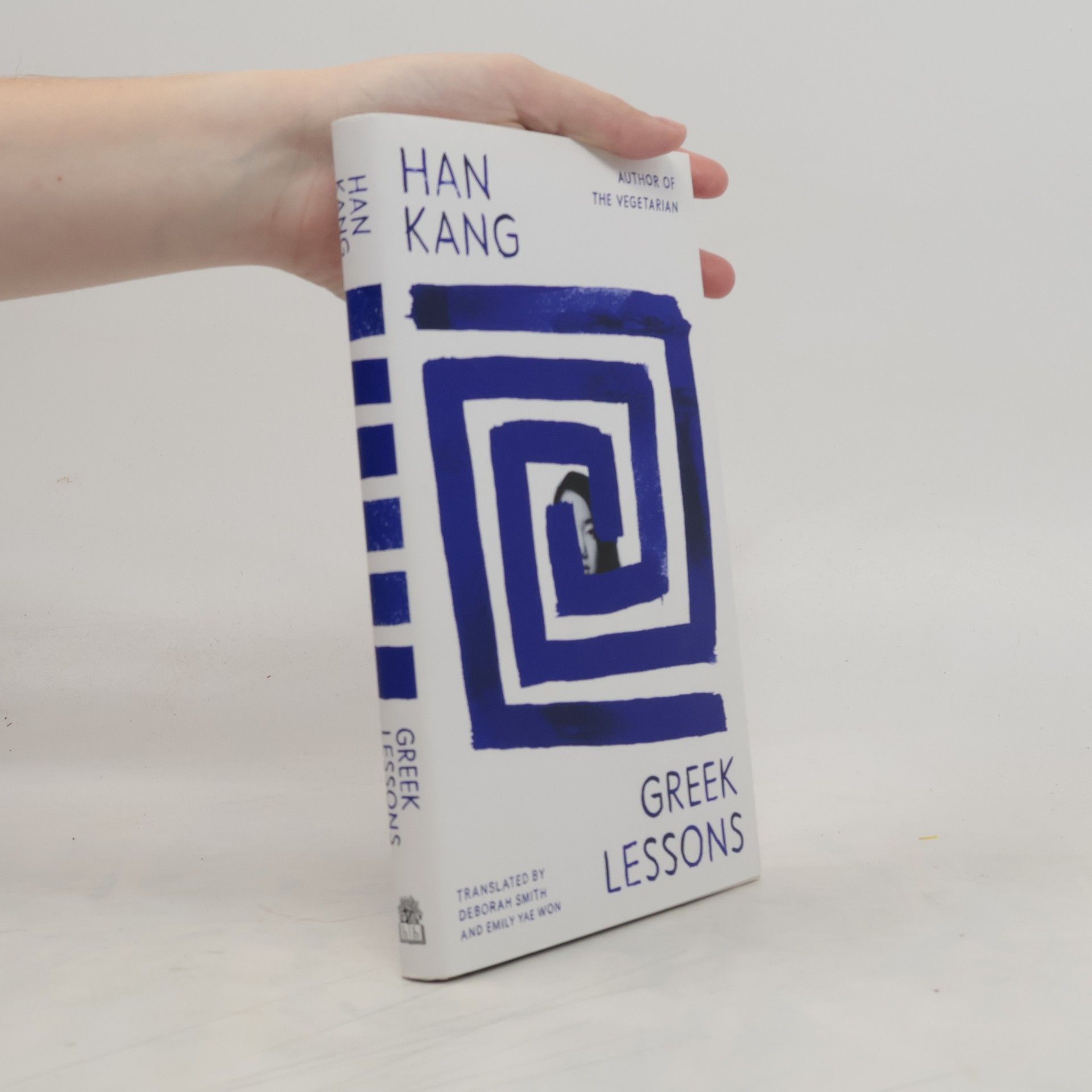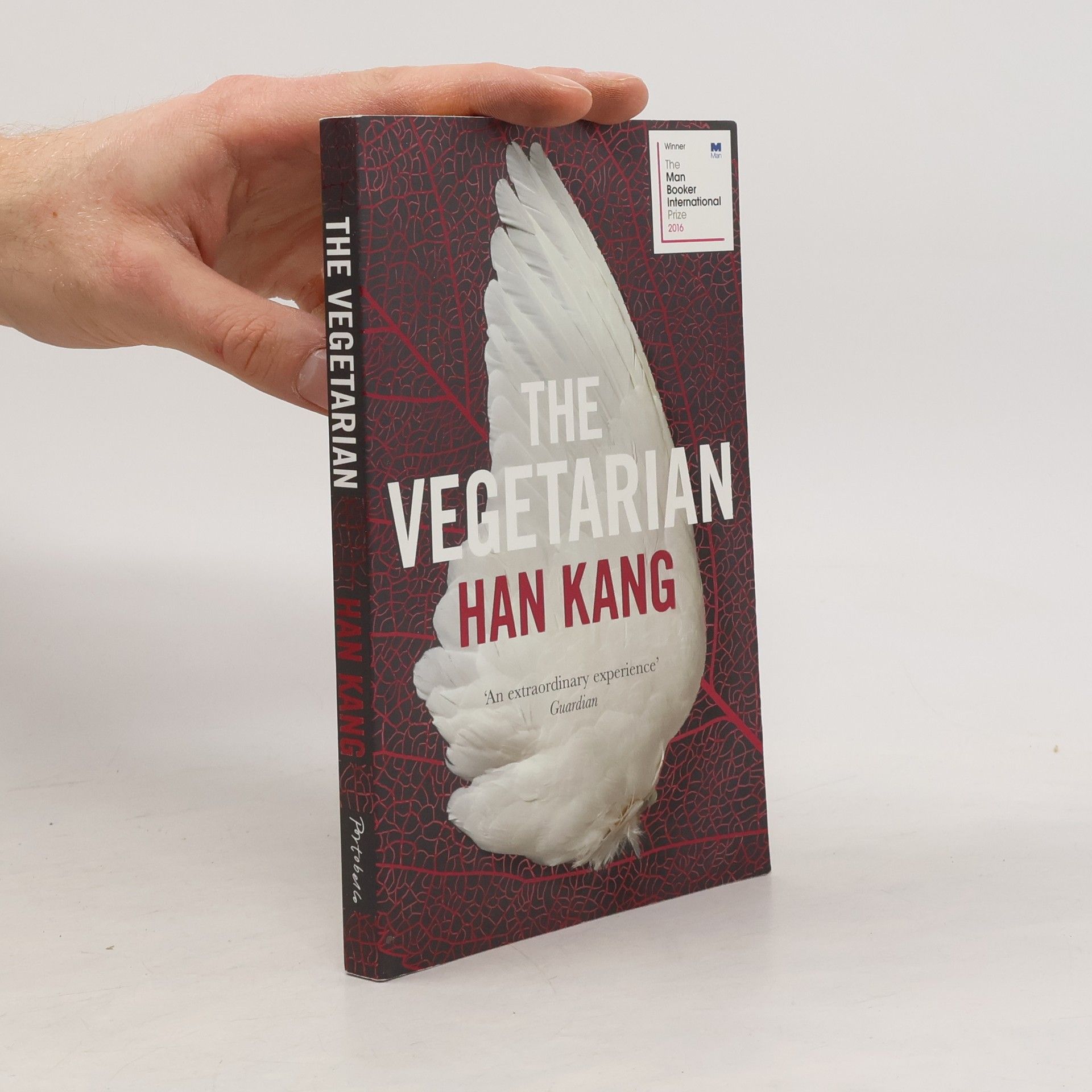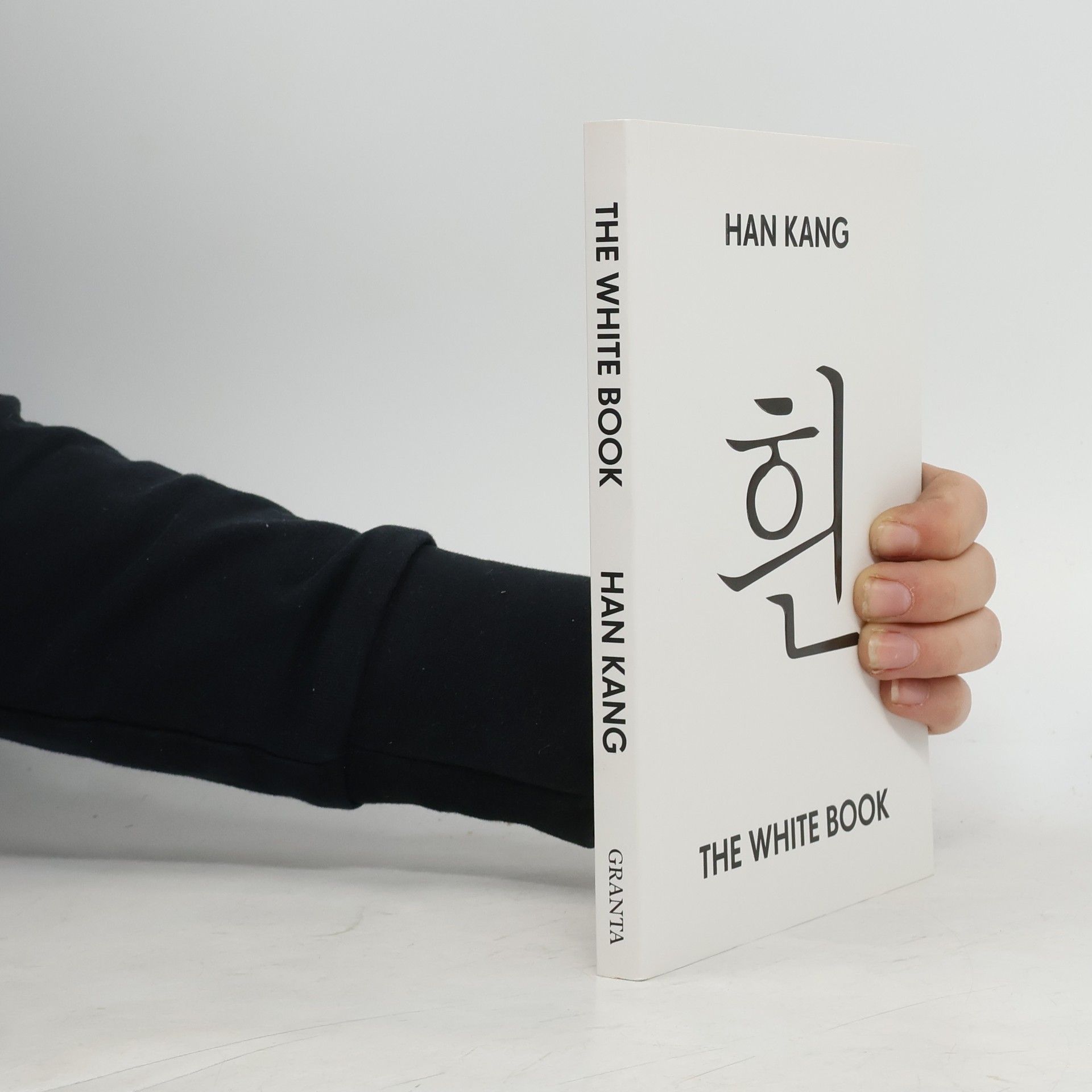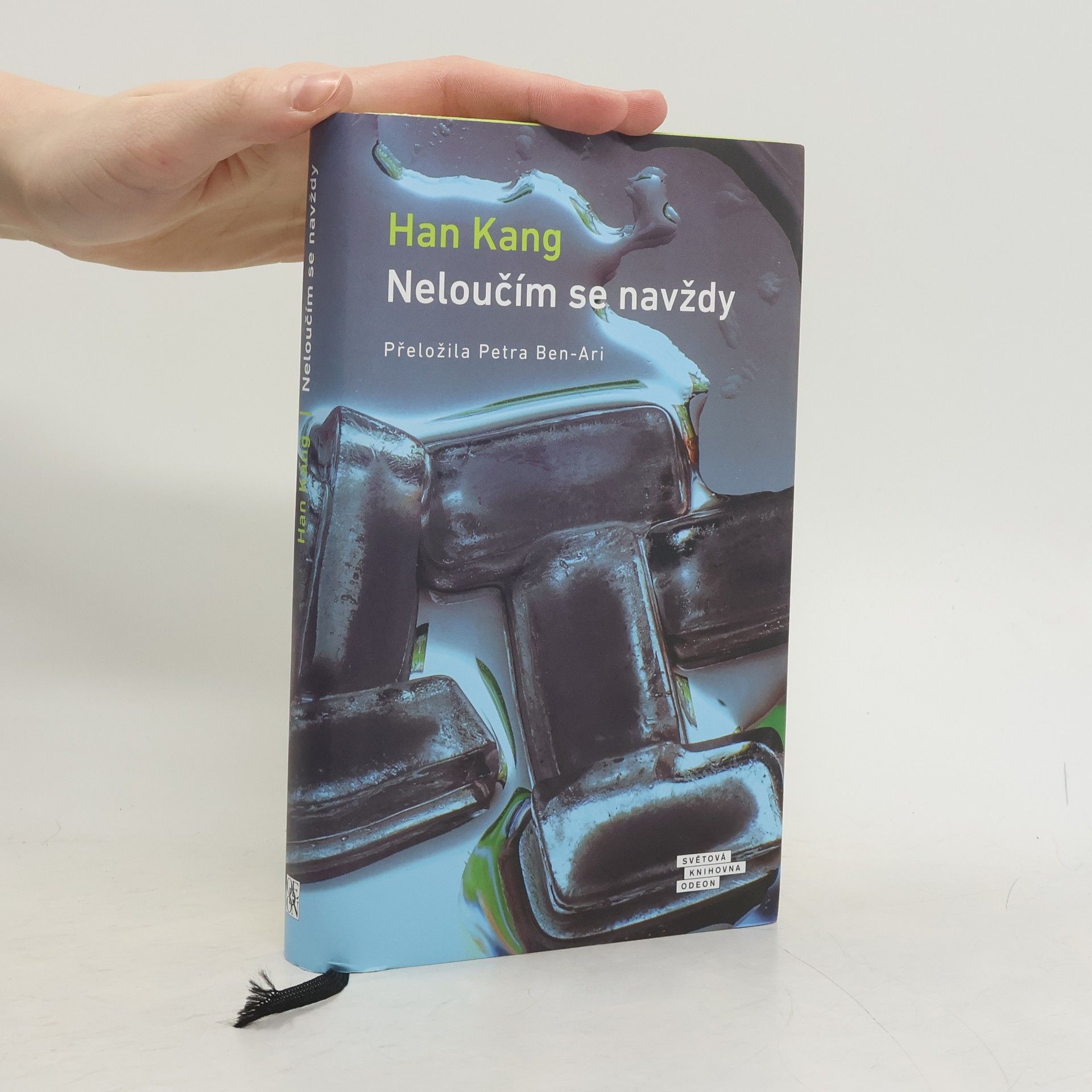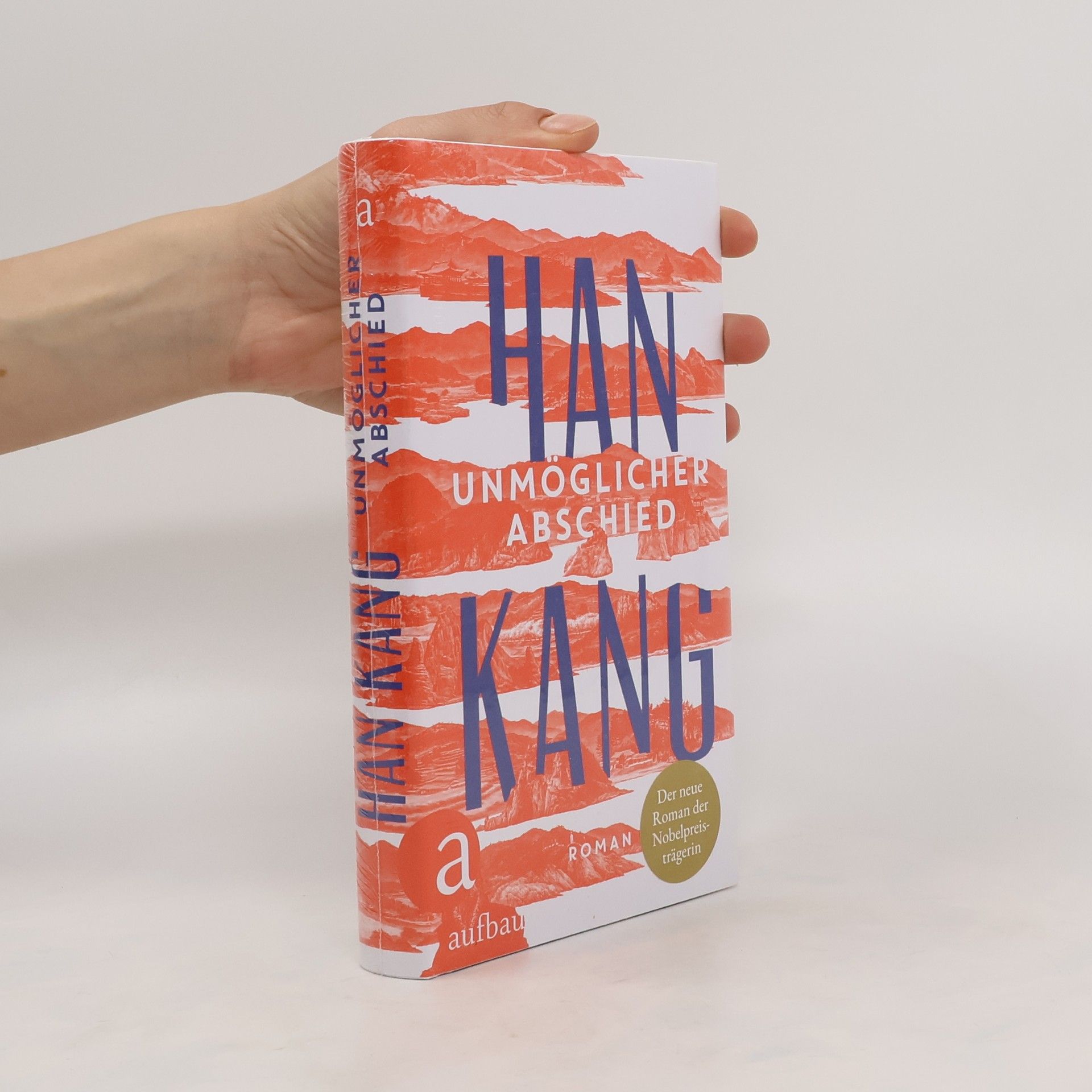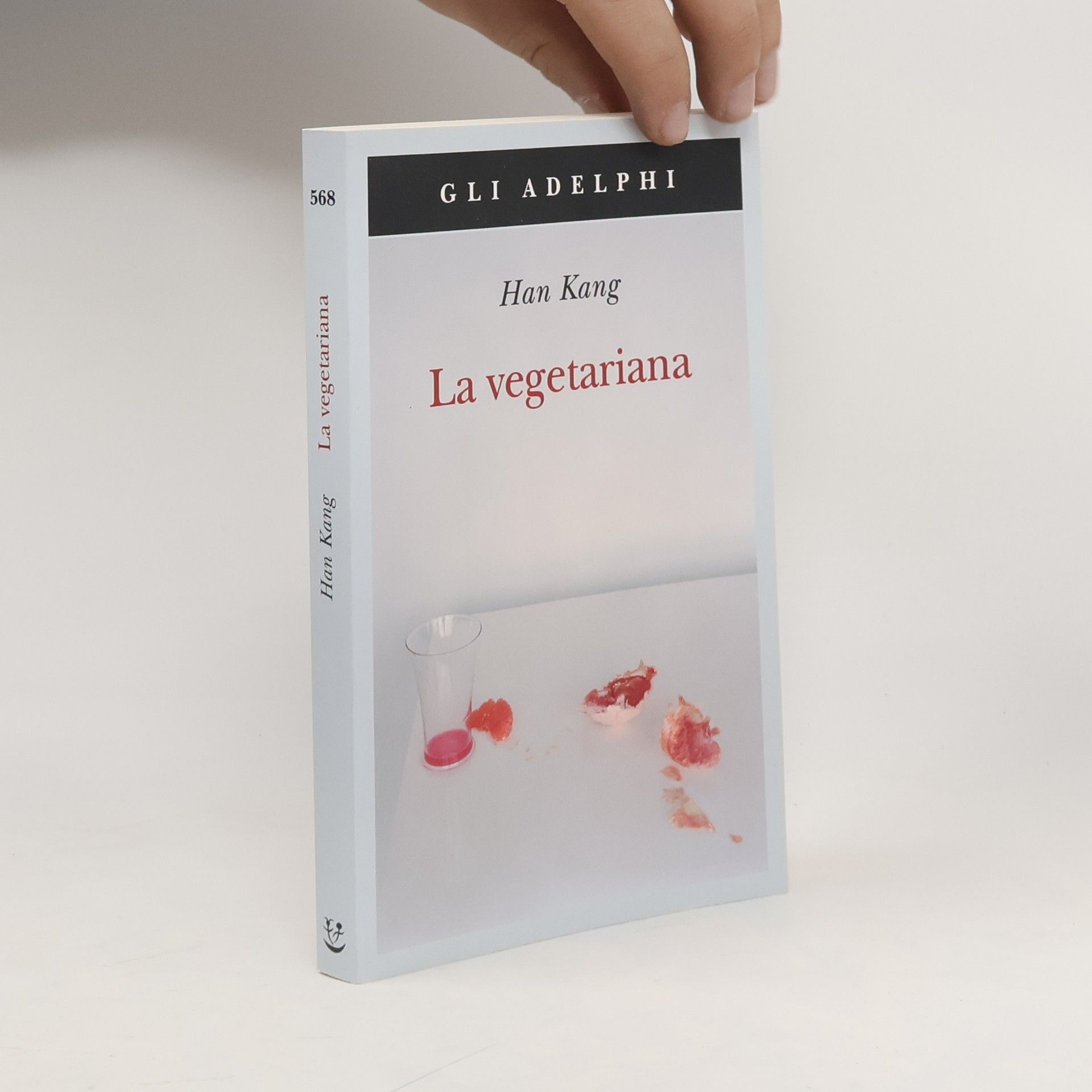Neloučím se navždy
- 272 pages
- 10 hours of reading
Románová novinka nositelky Nobelovy ceny za literaturu Han Kang se podobně jako její próza Kde kvete tráva zabývá skutečnými historickými událostmi. Tentokrát se vrací až k počátkům Korejské republiky, k masakrům, které se odehrály za vlády prvního prezidenta I Sungmana – ke krvavému potlačení povstání na ostrově Čedžu. Mladémuspisovateli Kjonghaovi jednoho zimního dne zavolá kamarádka Inson, která se ocitla v nemocnici v Soulu. Poprosí ho, aby zajel do jejího rodného domu na ostrov Čedžu a postaral se tam o papouška. Když se Kjongha navzdory silné sněhové bouři dostane do horské vesnice, odhalí tam bolestnou historii Insoniny rodiny poznamenané Čedžuským povstáním. Děj se vrací zpět v čase prostřednictvím vzpomínek, záznamů a dalších materiálů, které po celý život shromažďovala Insonina matka v marném pátrání po svém zmizelém bratrovi.

